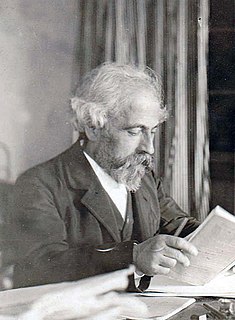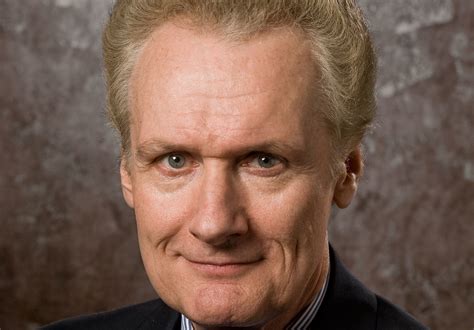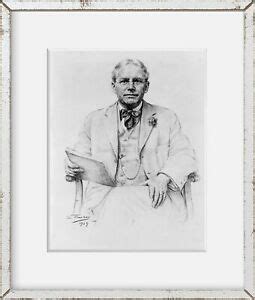A Quote by Paul Sabatier
Theories cannot claim to be indestructible. They are only the plough which the ploughman uses to draw his furrow and which he has every right to discard for another one, of improved design, after the harvest.
Related Quotes
A man follows the path laid out for him. He does his duty to God and his King. He does what he must do, not what pleases him. God's truth, boy, what kind of world would this be if every man did what pleased him alone? Who would plough the fields and reap the harvest, if every man had the right to say, 'I don't want to do that.' In this world there is a place for every man, but every man must know his place.
The material which a scientist actually has at his disposal, his laws, his experimental results, his mathematical techniques, his epistemological prejudices, his attitude towards the absurd consequences of the theories which he accepts, is indeterminate in many ways, ambiguous, and never fully separated from the historical background . This material is always contaminated by principles which he does not know and which, if known, would be extremely hard to test.
The newspaper is a Bible which we read every morning and every afternoon, standing and sitting, riding and walking. It is a Biblewhich every man carries in his pocket, which lies on every table and counter, and which the mail, and thousands of missionaries, are continually dispersing. It is, in short, the only book which America has printed, and which America reads. So wide is its influence.
Reason cannot desire for man any condition other than that in which not only every individual enjoys the most absolute, unbounded freedom to develop himself out of himself, in true individuality, but in which physical nature, as well, need receive no other shaping by human hands than that which is given to her voluntarily by each individual, according to the measure of his wants and his inclinations, restricted only by the limits of his energy and his rights.
Each man lives for himself, uses his freedom to achieve his personal goals, and feels with his whole being that right now he can or cannot do such-and-such an action; but as soon as he does it, this action, committed at a certain moment in time, becomes irreversible, and makes itself the property of history, in which is has not a free but a predestined significance.




































